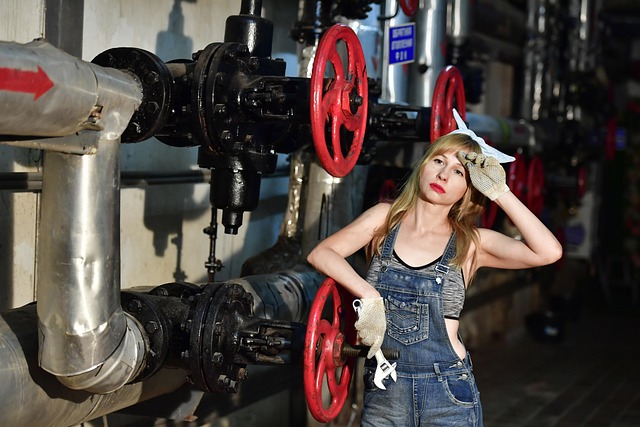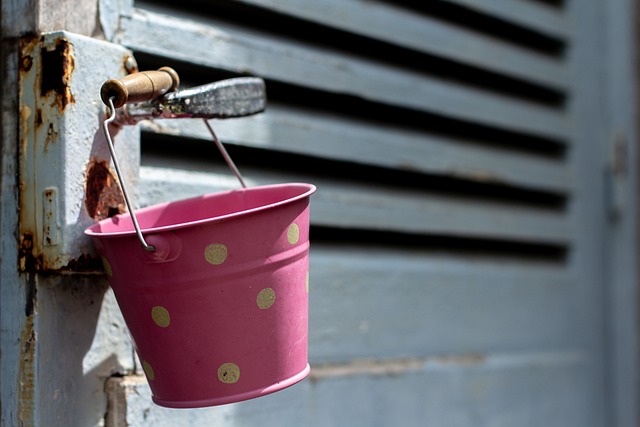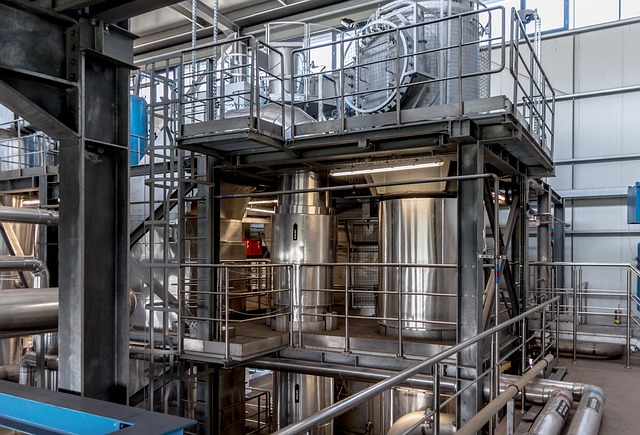Regular maintenance by a combi boiler repair expert is key to preventing breakdowns and optimizing performance. This includes annual check-ups, proper insulation, avoiding excess hot water use, addressing issues promptly, and ensuring good ventilation. Maintaining optimal water quality through softeners or tablets prevents scaling and corrosion. Setting thermostats to around 68°F reduces energy usage and strain on the boiler. Annual gas safety checks by experts extend boiler lifespan and ensure home safety. Compare combi boiler repair services based on experience, reviews, and transparent pricing.
“Learn how to prevent common combi boiler breakdowns with our comprehensive guide. From regular maintenance, crucial for a combi boiler repair expert, to optimizing thermostat settings and ensuring gas safety checks, these tips are designed to keep your heating system running smoothly. By addressing water quality and minimizing wear on parts, you can significantly reduce the risk of costly repairs. Implement these strategies today to extend the lifespan of your combi boiler.”
- Regular Maintenance: A Comb Boiler Repair Expert's Guide
- Water Quality: Preventing Clogged Parts and Corrosion
- Thermostat Settings: Optimizing Temperature for Efficiency
- Gas Safety Checks: Avoiding Leaks and Explosive Risks
Regular Maintenance: A Comb Boiler Repair Expert's Guide

Regular maintenance is key to preventing common combi boiler breakdowns and ensuring your heating system runs smoothly all year round. A combi boiler repair expert recommends scheduling annual check-ups to inspect for any signs of wear or damage, clean essential components like heat exchangers and burners, and ensure optimal performance. During these visits, the expert can also identify potential issues before they escalate, saving you from costly emergency repairs.
In between professional maintenance sessions, homeowners can take simple steps to foster their combi boiler’s longevity. This includes insulating hot water pipes to prevent heat loss, avoiding excessive use of hot water at once, and promptly addressing any unusual noises or odd smells coming from the boiler. Additionally, keeping the boiler area clear of debris and ensuring proper ventilation can significantly contribute to prolonging its lifespan, potentially reducing the need for combi boiler parts replacement in the future and making it easier to obtain combi boiler repair quotes online from top-rated companies.
Water Quality: Preventing Clogged Parts and Corrosion

Maintaining good water quality is essential for preventing common combi boiler breakdowns. Hard water, rich in minerals like calcium and magnesium, can lead to scaling on heating elements and internal components, causing clogs and corrosion over time. This not only reduces the efficiency of your combi boiler but also increases the risk of costly repairs or even complete replacement.
Regularly checking and treating your water supply can help mitigate these issues. Consider installing a water softener to reduce mineral content or using anti-scale tablets to protect sensitive parts. A combi boiler repair expert can provide guidance on suitable water treatment options tailored to your specific needs, helping you avoid common combi boiler problems and solutions, such as a fix combi boiler cold water issue or even attempting a fix my combi boiler myself solution that might not be effective or safe.
Thermostat Settings: Optimizing Temperature for Efficiency

Maintaining optimal thermostat settings is a simple yet effective way to prevent unnecessary combi boiler breakdowns. Many homeowners set their thermostats to a comfortable temperature, but this can lead to increased energy usage and potential strain on the boiler. The ideal setting is typically around 68°F (20°C) during the winter months when everyone is using heating regularly. This temperature ensures that your home stays cozy while minimizing the boiler’s workload.
Adjusting your thermostat a few degrees lower can make a significant difference in energy conservation and reduce the risk of combi boiler repair. Consider using programmable thermostats, which allow you to set specific temperatures for different times of the day. This feature enables you to lower the temperature when you’re asleep or away from home, saving energy and potentially reducing the need for costly combi boiler repairs, as well as understanding the general combi boiler reset instructions to keep your system running smoothly. Local combi boiler specialists often recommend these adjustments as part of regular maintenance checks, along with other simple tips to keep your boiler in top condition, considering the potential repair cost savings.
Gas Safety Checks: Avoiding Leaks and Explosive Risks

Regular gas safety checks are an absolute necessity for homeowners with combi boilers to avoid costly and inconvenient breakdowns. These checks aren’t just about maintaining efficiency; they’re critical for preventing leaks and mitigating explosive risks associated with faulty gas appliances. A qualified, gas safe registered combi boiler engineer can identify potential issues such as damaged or corroded pipes, loose connections, and faulty valves before they cause serious problems.
By scheduling routine inspections, you’ll not only extend the lifespan of your combi boiler but also ensure the safety of your home. Preventing combi boiler breakdowns isn’t just about fixing problems when they arise; it’s a proactive approach that includes regular maintenance. When considering combi boiler repair services, make sure to compare different providers and choose those with proven experience, excellent reviews, and who offer transparent pricing, ensuring you get the best value for your investment and peace of mind.
Regular maintenance, vigilant monitoring of water quality, thoughtful thermostat settings, and periodic gas safety checks are key strategies recommended by a combi boiler repair expert to prevent frequent breakdowns. By adopting these practices, homeowners can extend the lifespan of their boilers, promote efficient energy use, and mitigate potential safety risks commonly associated with heating systems. Proactive care not only saves on costly repairs but also ensures a comfortable and warm living environment throughout the year.
